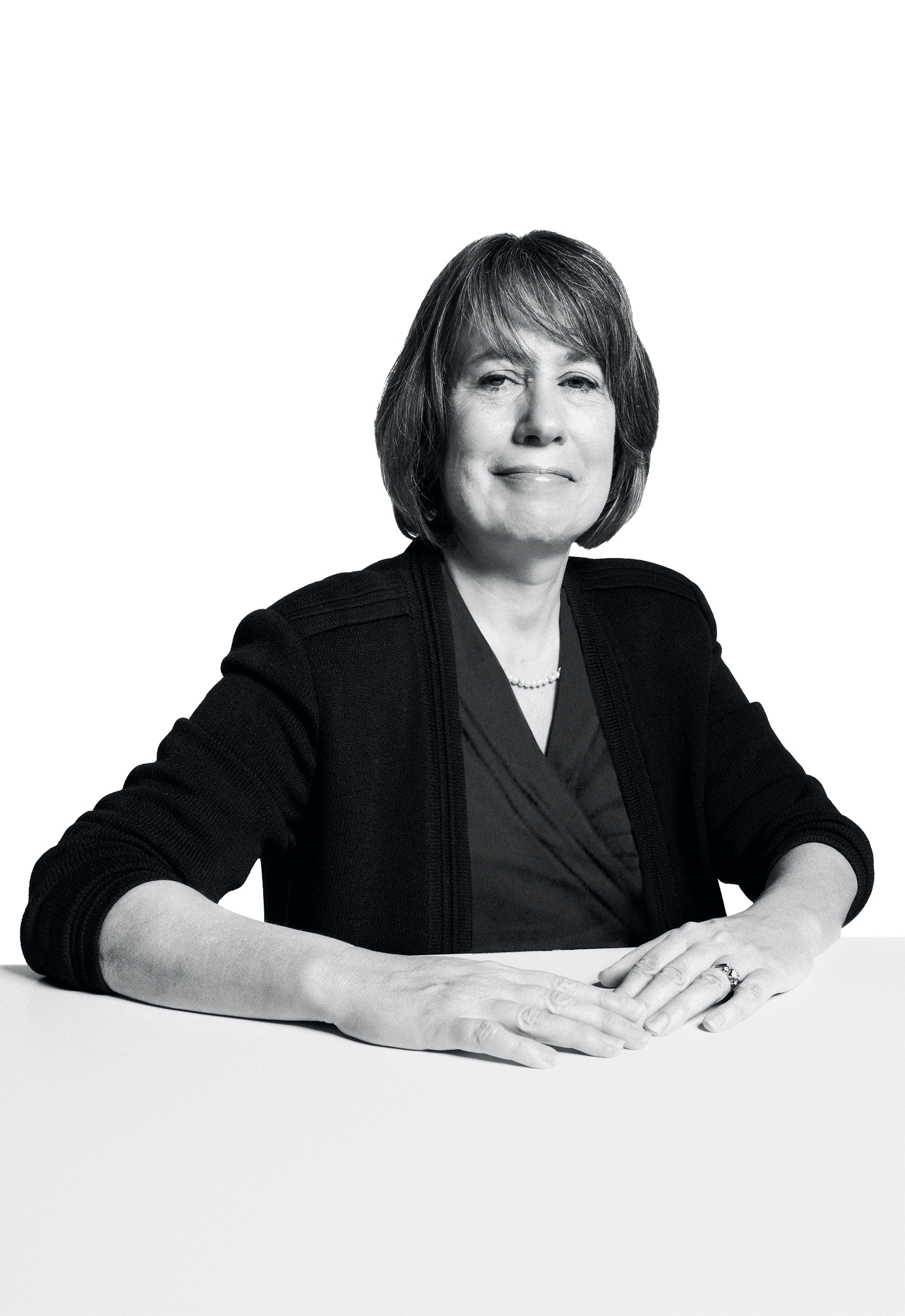For U.S. banks, bigger isn't better -- opinion
Money is not a client of any investment adviser featured on this page. The information provided on this page is for educational purposes only and is not intended as investment advice. Money does not offer advisory services.

Conventional Wall Street wisdom says that good things happen to cheap stocks.
If so, now might be the time to look at the stocks of our largest banks. Nearly five years after the financial crisis, they appear undervalued. The risk of failure seems remote, the banks have made progress in working off troubled mortgage assets, and they're reporting much higher levels of equity capital, suggesting a welcome shift from their excessive reliance on debt.
And yet...
Those reports of higher capital can be misleading. Regulators allow big banks to partially calculate capital strength using complex mathematical models, and models, as we learned during the crisis, are unreliable. Further, regulators in my view don't require banks to adequately take into account all of their off-balance-sheet risks, like those pesky credit derivatives that caused such pain in 2008.
What's more, as an investor your bar is presumably higher than the mere expectation that a bank will remain solvent.
Will these apparently cheap stocks deliver good value over the long run? A recent analysis by the well-respected bank analyst Mike Mayo gives a surprising answer.
Mayo looked at the long-term performance of the 50 largest banking organizations. By virtually every measure, the largest three -- Bank of America , Citigroup , and J.P. Morgan Chase -- turned in the worst results as a group. They had the worst stock returns, the worst returns on equity and assets, the worst revenue growth -- you get the idea.
Related: The Money 70: Best mutual funds and ETFs
Stock price declines since 2000 were 55%, 91%, and 15%, for BofA, Citi, and J.P. Morgan Chase, respectively, compared with a 49% increase for the remaining top 50. To be sure, J.P. Morgan Chase was best in class, but well-managed regional banks that follow simpler business models did better.
Their record of underperformance leads Mayo to think that all three are too big and complex to manage and that at least Citigroup and BofA could be worth a lot more if broken up.
A shareholder group led by Trillium Asset Management has petitioned Citigroup's board to analyze whether a breakup would release shareholder value. For the first time in five years, Mayo even recommends Citi stock based on the benefits of deconsolidation.
So if you own a megabank stock, your best bet may be to join the activists and demand a breakup analysis.
Citigroup holders can vote their proxy in favor of the Trillium proposal, which should be issued in early March.
After all, many bank watchers -- including me -- think that smaller, simpler institutions would make our financial system safer. Breaking up these behemoths could benefit your country and your wallet.
Sheila Bair is the former chairman of the FDIC and a longtime critic of bank bailouts and too-big-to-fail institutions. The opinions expressed in this commentary are solely hers.
